It is the rich minority’s consumption that mainly affects the status of the Earth’s life support system, according to a response in Svenska Dagbladet by David Collste at Stockholm Resilience Center and Jennifer Hinton at the University of Lund to an Op-ed by Malte Andersson and Frank Götmark. But will the poor majority consent to remain poor, and does it make sense to worry about consumption but not the number of consumers? ask Andersson and Götmark in reply. See their responses below — and share your own opinion in the comment section.
These texts are translations of response and final response in Svenska Dagbladet (the original Op-Ed was published on 2 January – an English translation can be read here).
”The consumption of the rich destroys nature”

It is the rich minority of the world’s population that mainly affects the status of the Earth’s life support system, through their huge consumption.
In the environmental debate, it is often pointed out that the issue of population growth is taboo. We do not agree. In most contexts where we are active there is discussion of the population issue. The reason why it is not emphasized more is that the statistics speak for themselves: currently, overconsumption is the main problem, not population growth.
Andersson’s and Götmark’s (A&G) numbers in the Op-Ed point to the fatal consequences of our resource consumption. We share their view that this is not emphasized enough in the public debate. Questions about the future of humanity and the survival of animal species often fall short of more current issues. However, the verdict of the future will be harsh if we do not take serious steps to bring about the sustainability transformation that is required. But the fact that A&G are right about the extent of the problems does not mean that they correctly demonstrate the core of the problem. The question is whether their main argument is correct: is it primarily population growth that is destroying the Earth’s nature, as they claim in their headline? Or is it primarily a question of the consumption of the rich? We believe that most evidence point to the latter.
Almost regardless of how we measure, the contribution of the world’s poor to the destruction of nature is small in relation to the world’s rich. If we consider carbon dioxide emissions, for example, calculations from the Stockholm Environment Institute and Oxfam show that the 10% who make up the world’s richest account for 50% of the emissions, while the poorest 50% account for only 8% of the emissions. If instead of greenhouse gases we look more broadly at the use of resources, Hickel and colleagues state that consumption in the world’s high-income countries is behind 74% of the overuse of materials, including biomass, metals, non-metallic minerals and fossil fuels. At the same time, the rich part of the world consists of only 16 percent of the world’s population. We can also study the ecological footprint, another measure of human impact. According to this measure, the average Swede’s footprint is 5.6 global hectares per person, the average US citizen’s footprint is 7.8 hectares, while the world average is around 2.6 hectares.
The rich minority of the world’s population therefore primarily affects the status of the earth’s life support system through their huge consumption. Or expressed as a headline: Earth’s nature is devastated by the consumption of the rich.
For the rest of this century, what is the future of world population development – is it a growing problem? While the world’s population in 1990 was a third smaller than today, the size of the world economy has more than doubled during the same time. Population growth also shows a clear downward trend and according to several calculations, the world population will peak sometime between 2050 and 2080 and then start to decrease (Wittgenstein Center for Demography and Global Human Capital, Vollset et al. 2020, Callegari et al. 2023 and the United Nations).
However, if one accepts that both population size and consumption together cause environmental impact, one could argue that the population of rich countries should be reduced, but there is no argument for this in A&G’s article. If the world population is to decrease to 2–3 billion, would it perhaps be best to start by cleaning up in front of your own house? Our question to A&G is therefore what measures they propose to limit Sweden’s population.
Overall, we conclude that it is the consumption of the rich that is the main cause of the destruction of nature. The unsustainable consumption is caused by a dysfunctional economic system that needs to change to better take into account the limits of the planet. Such a change involves redefining success from a narrow focus on GDP, profit and income to indicators that measure the well-being of nature and people. We also need to promote a more even distribution of income and resources – within and between countries. In high-income countries, consumption needs to decrease in order to limit the overall environmental impact. For example, shortened working hours can mean better public health and increased quality of life – with more time for each other. Those interested can read more about what we propose in our publications (see, for example, the book ”Earth for All”, the report “Economy and Finance for a Just Future on a Thriving Planet” and “Not-for-profit-economy”).
Answer from Malte Andersson & Frank Götmark:
“Action is needed to reduce population”

The need for humanitarian measures to stop population growth is great and growing. Let’s avoid the mistake of climate change: turning a blind eye until the problem becomes acute, write two ecologists.
We described in our Op-Ed how the world’s population growth is destroying nature and species. Collste and Hinton (C&H) argue that the consumption of the rich is more important. But population growth has been destroying biodiversity for thousands of years as Homo sapiens expanded over previously pristine nature, islands, continents. The consequences resemble those of previous disasters and geological events that caused mass extinctions. We are causing a new and biologically destructive geological epoch, the Anthropocene.
C&H write that mainly the consumption of the rich destroys the Earth’s nature, and “Population growth shows […] a clear downward trend”. But the increase continues, with around 80 million people per year. And the UN underestimates the growth, so the maximum population will likely be higher and later than the UN predicts. Other, lower forecasts are unrealistic as investments required to reduce population growth are not taking place.
C&H believe that ecological footprint (EF) shows the importance of consumption, but analysis of EF also shows the great importance of the population. One of EF’s founders, William Rees, now warns of collapse via increasing population and resource use. And EF doesn’t measure biodiversity destruction, only human consumption.
C&H falsely claim that we wrote that it is primarily population growth that is destroying the Earth’s nature. Of course, both consumption level and population growth affect our environment and total resource consumption, R. A simple approximate relationship is R = P x F, where P is the size of the population and F is average consumption per individual. P and F have the same multiplicative effect on R. Believing one of them is more important than the other is like assuming that the area of a rectangle depends more on its height than its width.
C&H point out that consumption is unreasonably skewed. Yes, we wrote “the high consumption of the rich world obviously needs to decrease”. Another important way the world is skewed concerns population growth. In about 20 countries (Europe, East Asia) the birth rate is so low that the population fortunately can decrease (without immigration). But in many poor countries, where economic prosperity hopefully is increasing, birth rates are high, and the population is growing rapidly. It is expected to lead to increased use of fossil fuels for energy, environmental destruction and decreasing biological diversity. But the birth rate can be reduced by humanitarian means such as education, voluntary family planning and free contraceptives.
Climate change is primarily caused by increasing population and consumption according to the IPCC. Both also cause destruction of biological diversity. But in contrast to climate and consumption, which are often debated, the destructive effects of population growth on nature and species are rarely highlighted. C&H see no taboo, but it seems to prevail at both Swedish Public Service (SR, STV) and organizations such as the Swedish Society for Nature Conservation.
Population growth’s role in the development of poor countries is also forgotten. Large numbers of children slow economic and other progress, especially for women, but family planning can contribute to economic development. And increased use of contraceptives, rather than economic growth, seems to explain declining birth rates in developing countries.
C&H write that the population in rich countries logically should be reduced, and that we present no arguments for this in the Op-Ed. But see our quote: “overpopulation is at least as much a rich as a poor country problem”. We have, together with co-authors, pointed out in research and in the media that an aging population can lead to fewer people and reduced environmental impact. What can be done in Sweden, C&H wonders. We can, for example, abolish multi-child allowances and limit the child allowance to a maximum of two per family.
Population increase leads to faster consumption of resources, destruction of nature and decreasing biological diversity. Africa’s population, which according to the FAO has widespread and growing malnutrition, increases according to the UN’s forecast from 1.4 to 3.9 billion this century! The need for humanitarian measures to stop population growth is therefore great and growing. Let’s avoid the mistake with climate change: turning a blind eye until the problem becomes acute and very difficult to fix. Increased support for family planning and for the situation of women are good opportunities that should be used now, when our government is reconsidering Swedish aid.
TOP invited a comment from David Collste and Jennifer Hinton to Andersson’s & Götmark’s response above. David sent us the comment below, with one link:
- Our reaction specifically concerned the title of the original op-ed: ”Earth’s nature is being ravaged by population growth”. I am aware of the importance of the population issue but reacted to the original newspaper headline of the op-ed: that it is population growth that is destroying the Earth’s nature when it is at least as much a question of economic activity, or as I’ve framed it earlier: “It’s what people do, how they do it and how much they do it.”.
What do you think? Give your view, write in the on-line discussion below!
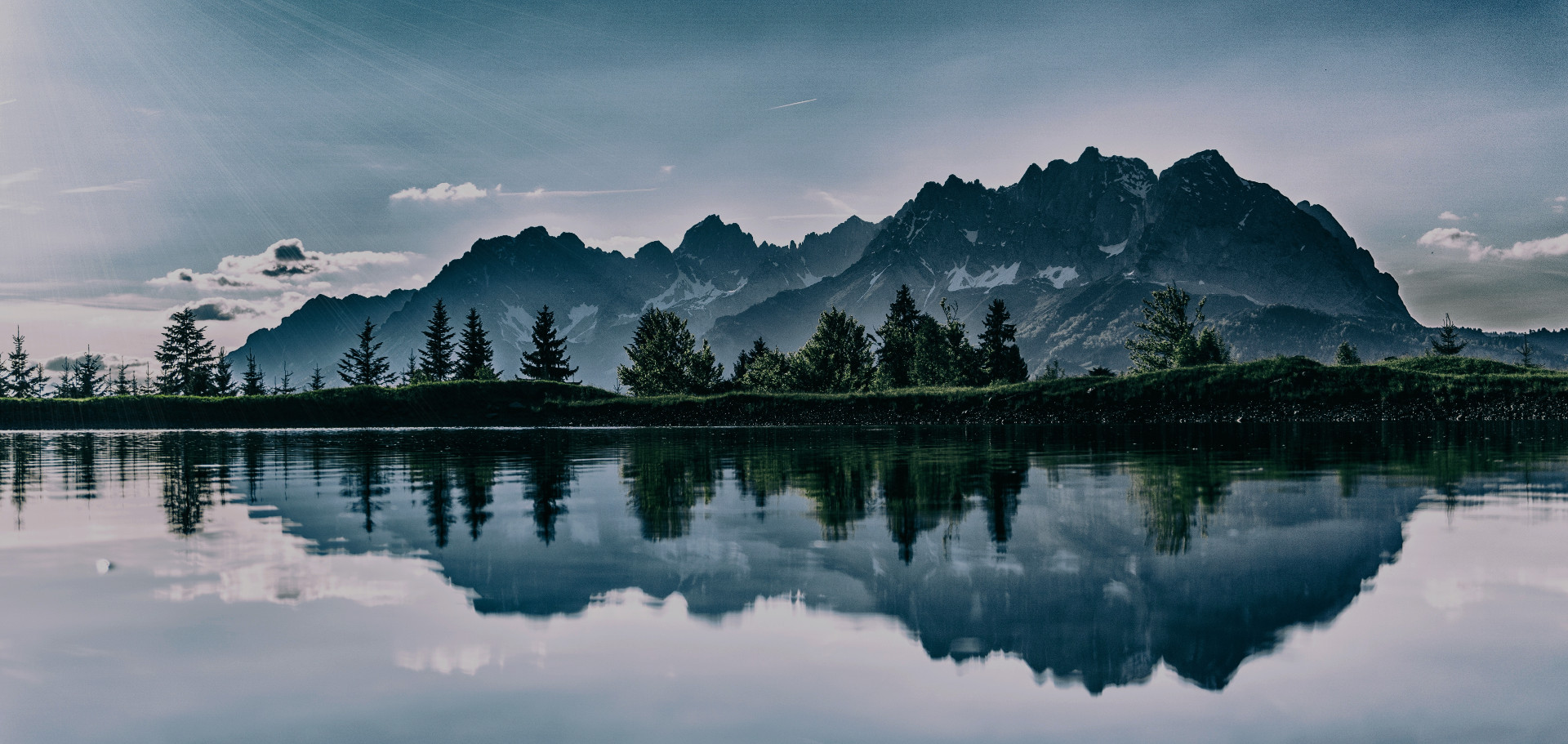

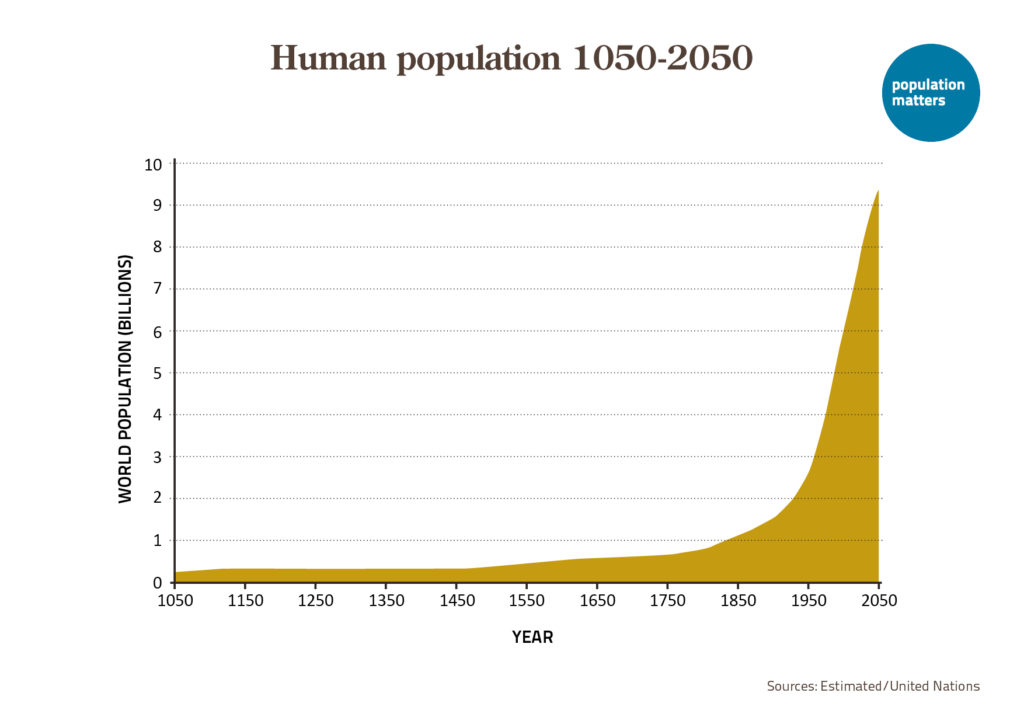
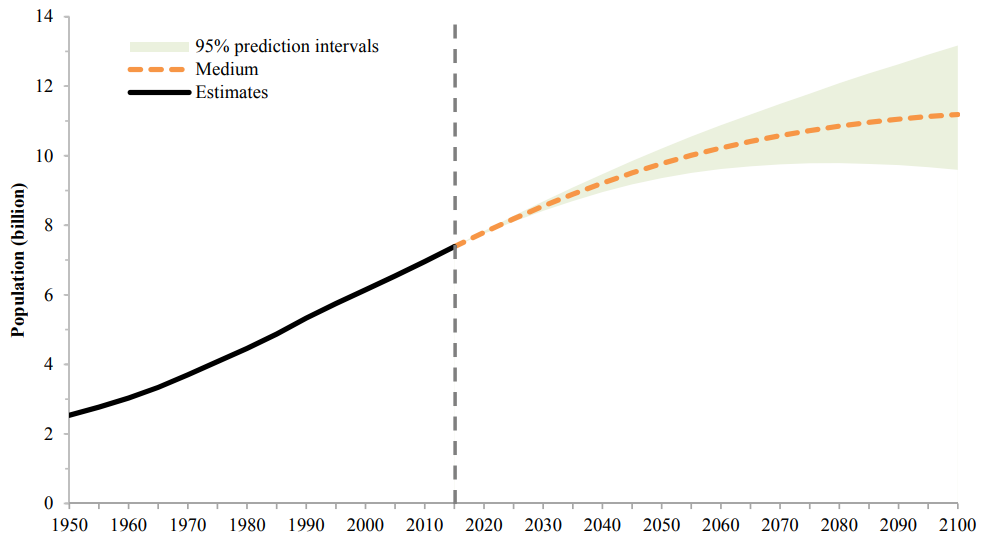
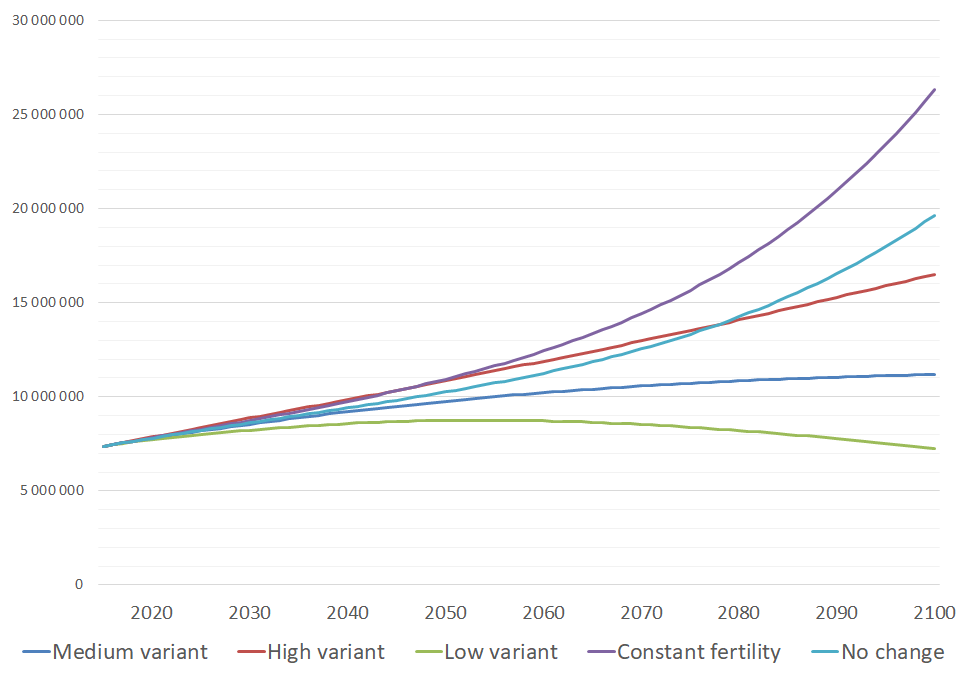
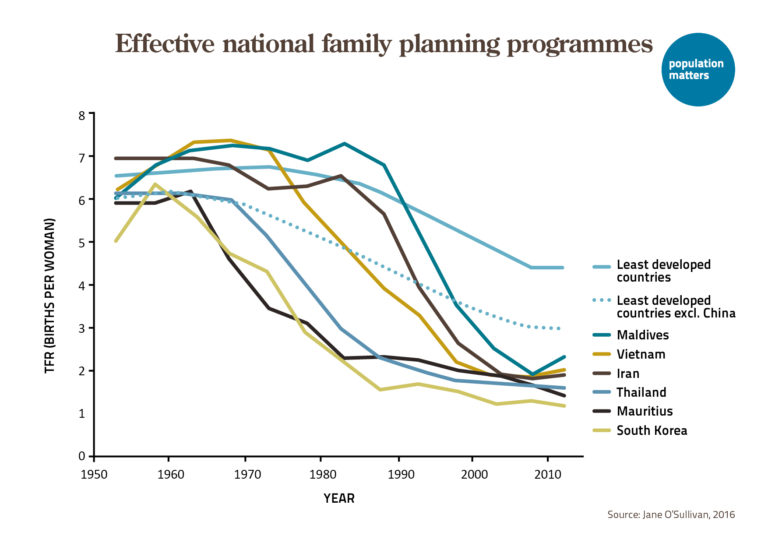

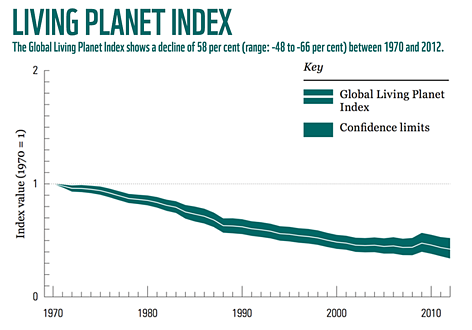
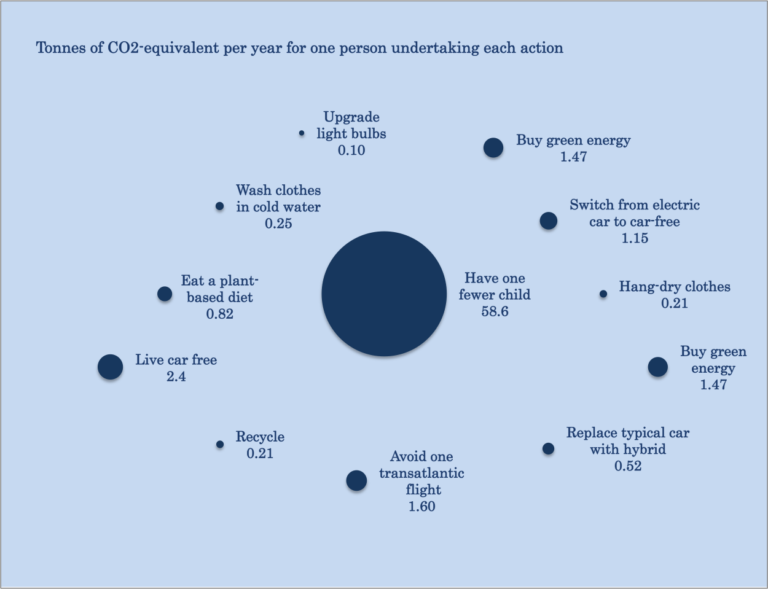
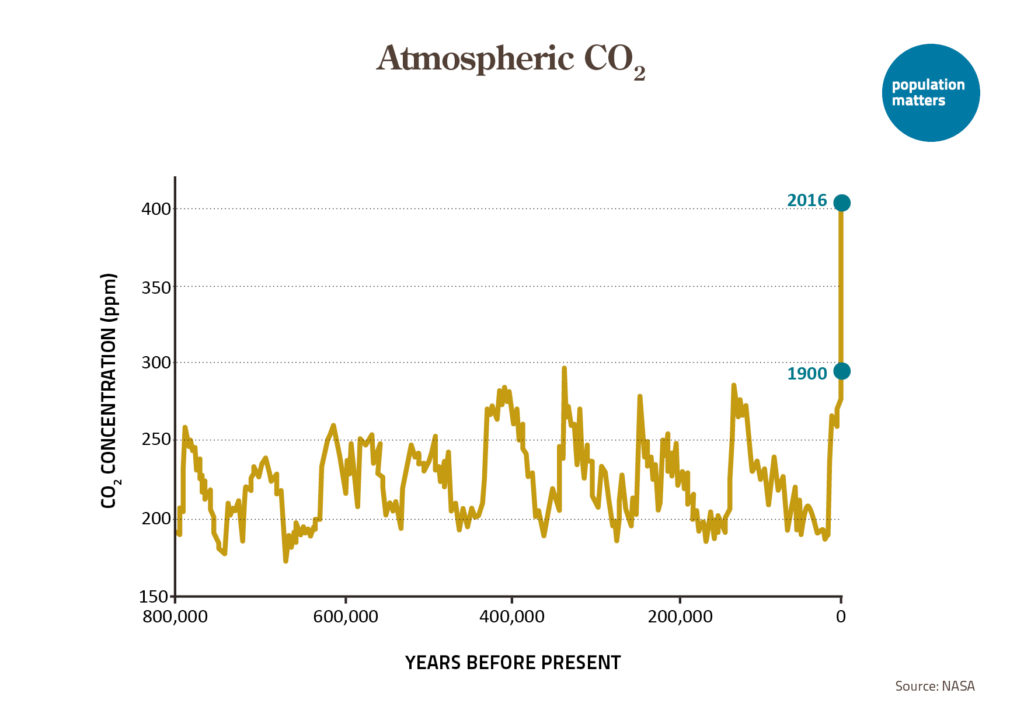
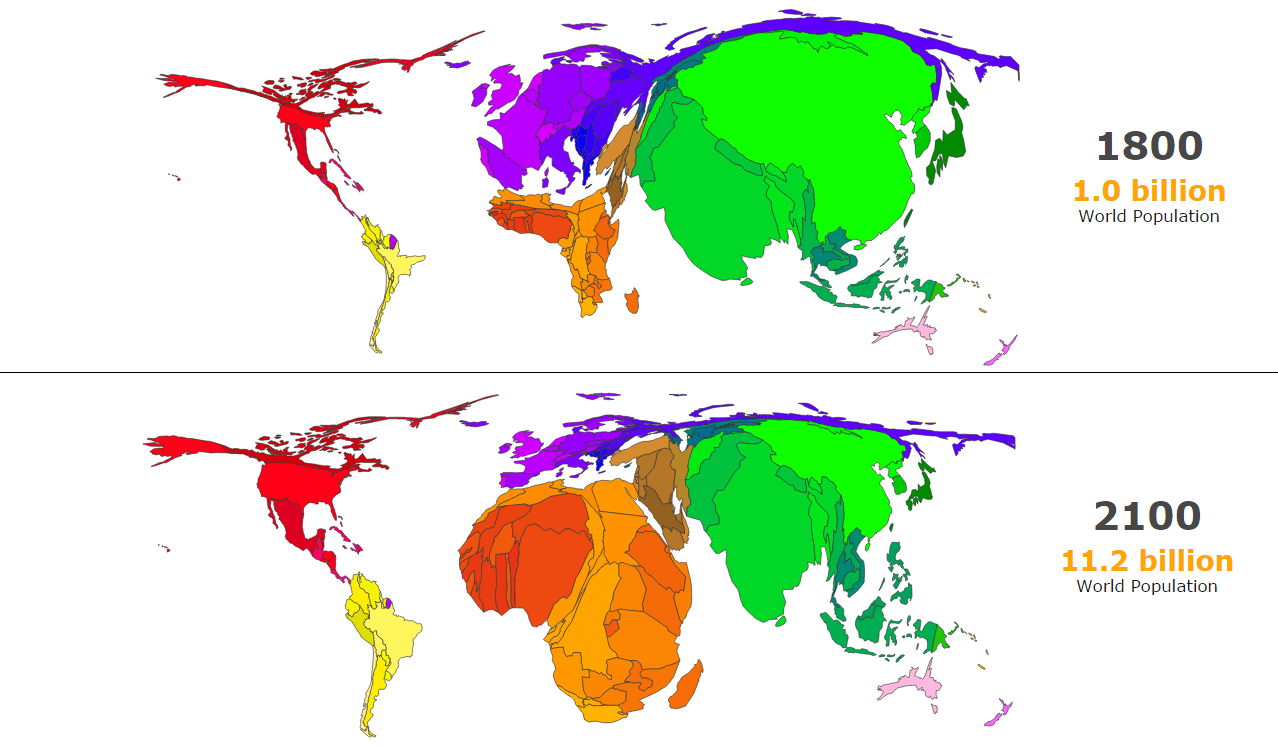
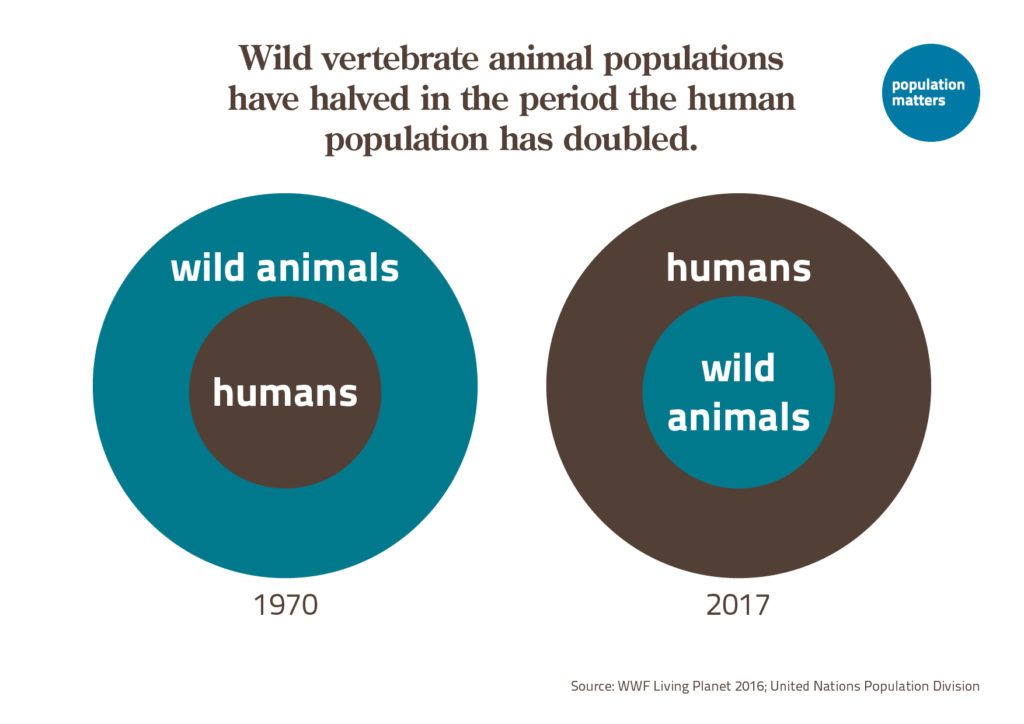
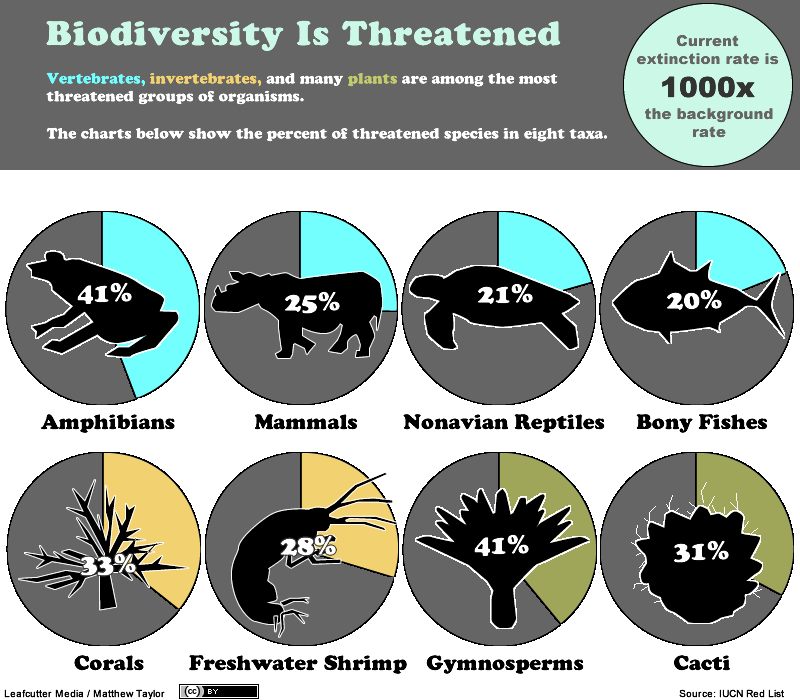
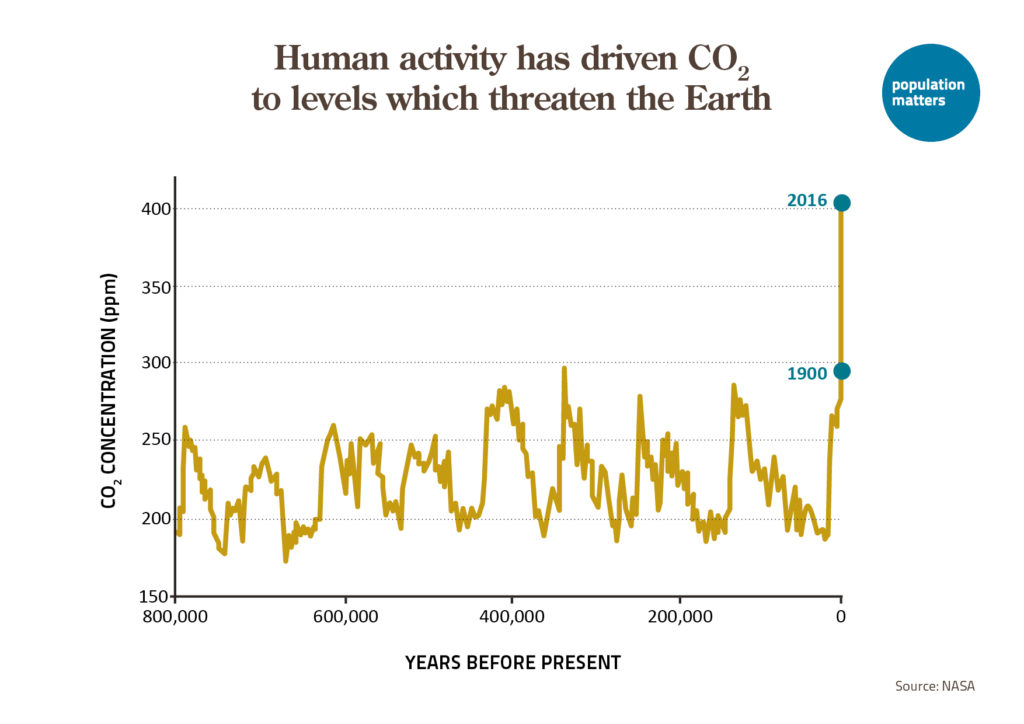
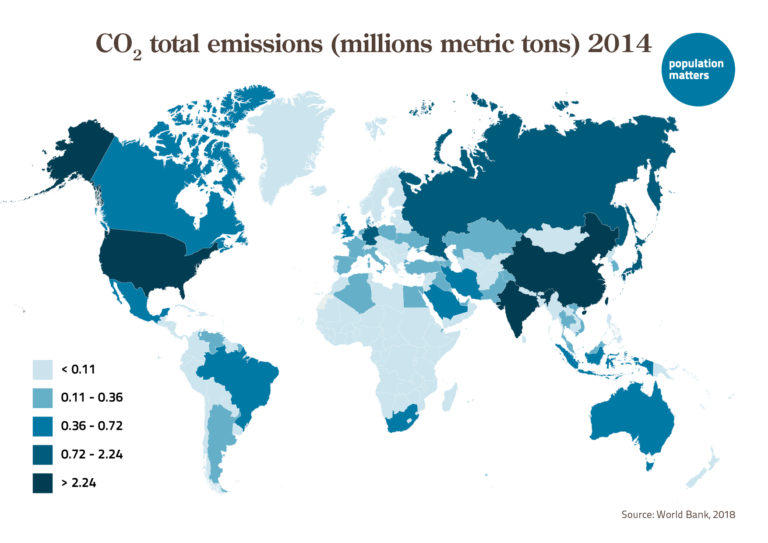

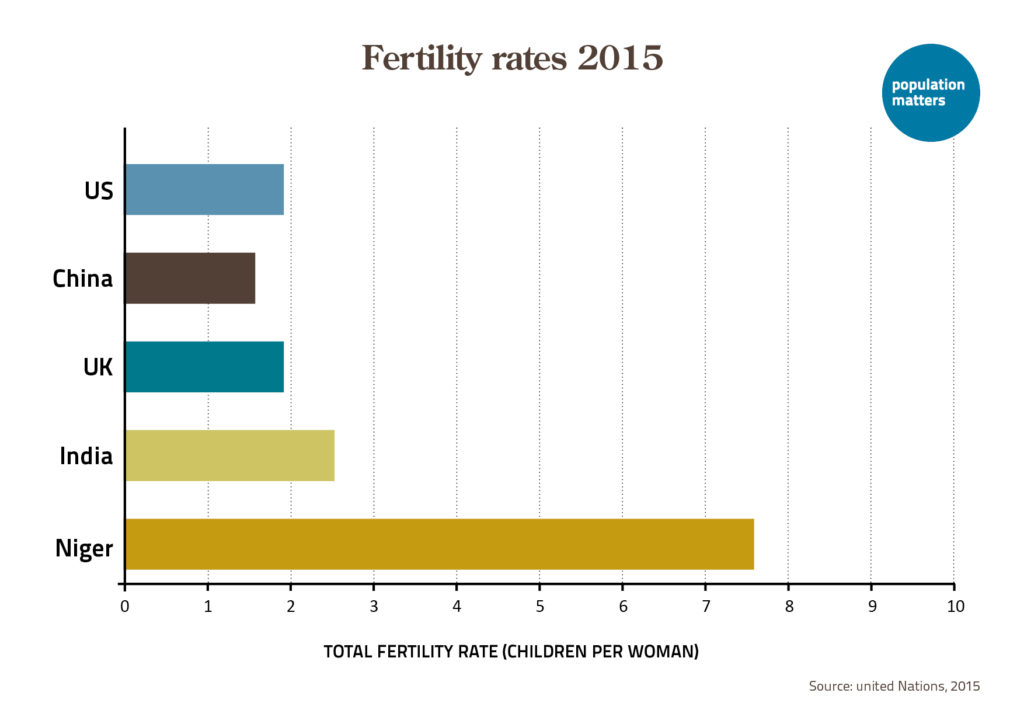
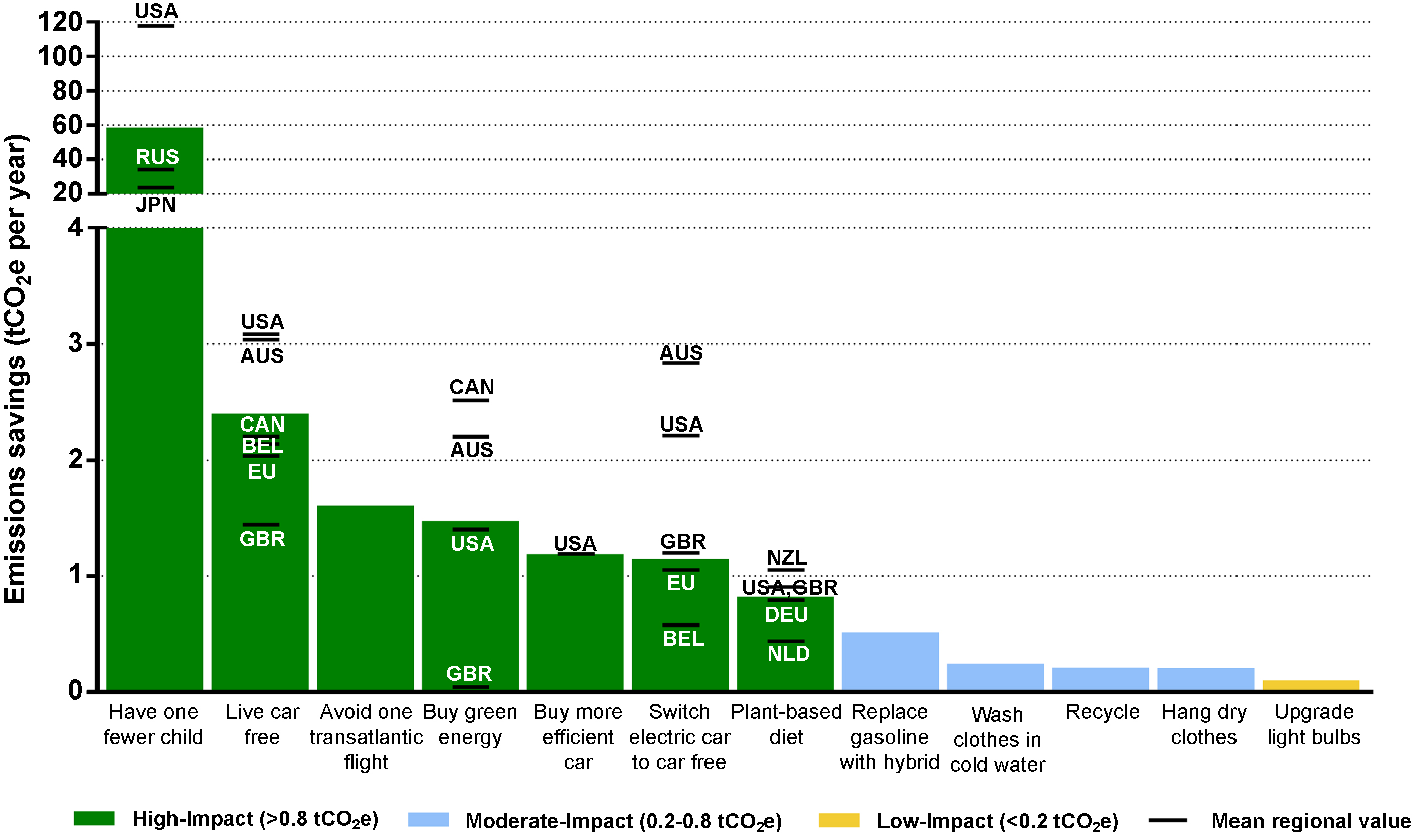



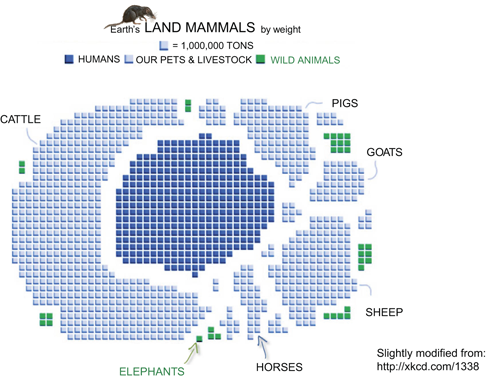

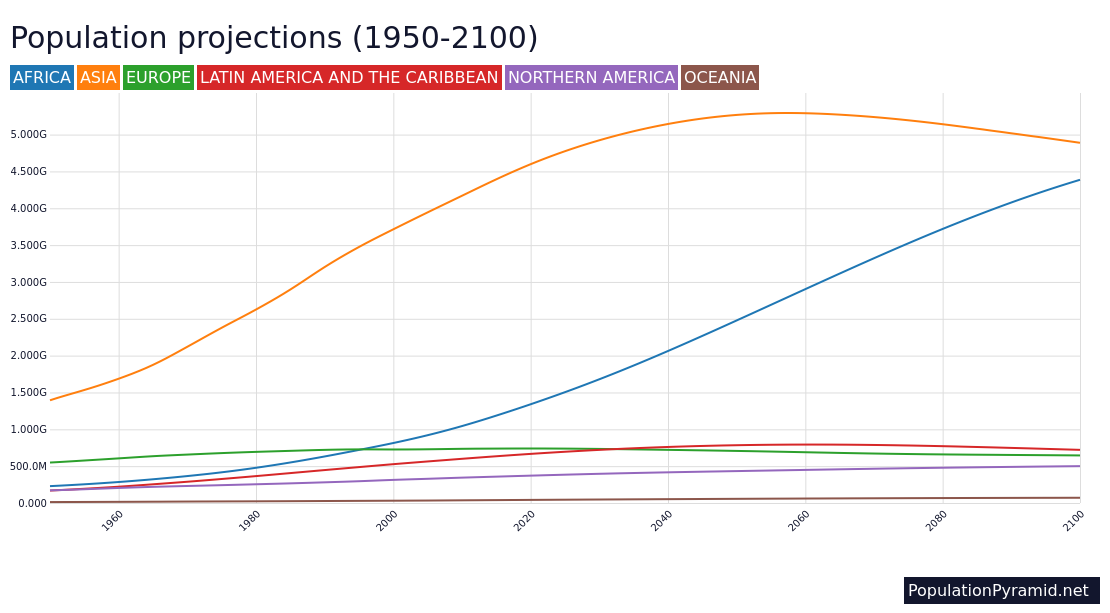
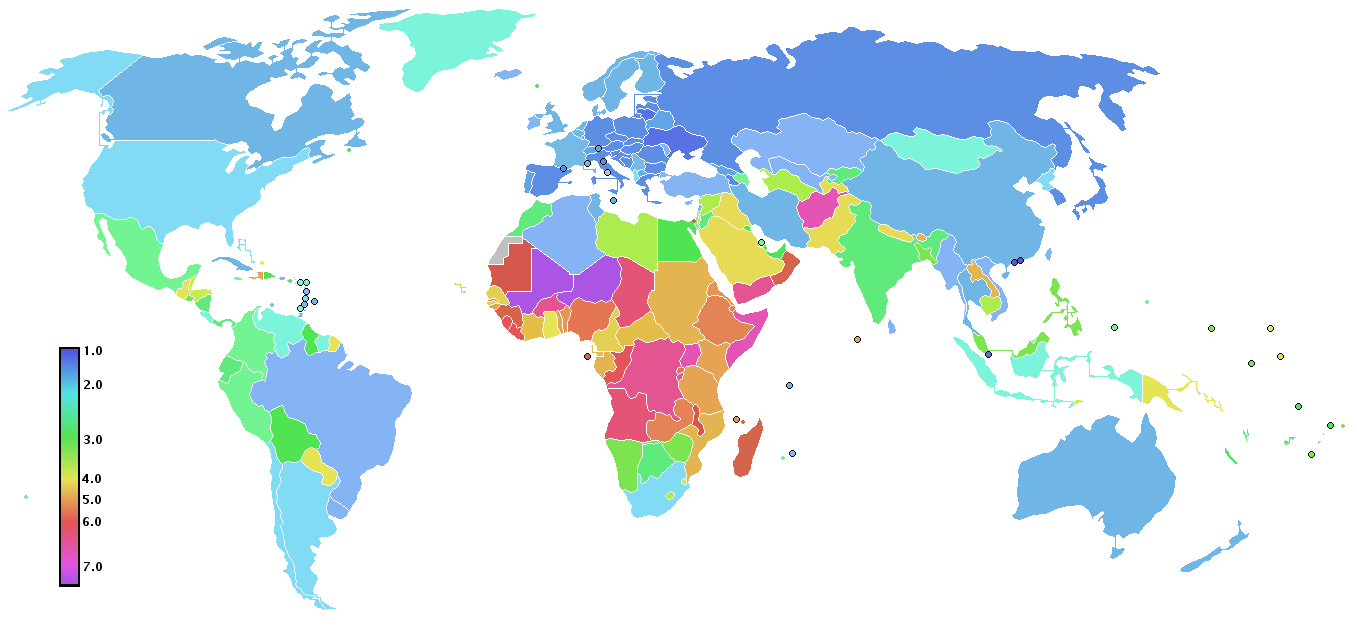
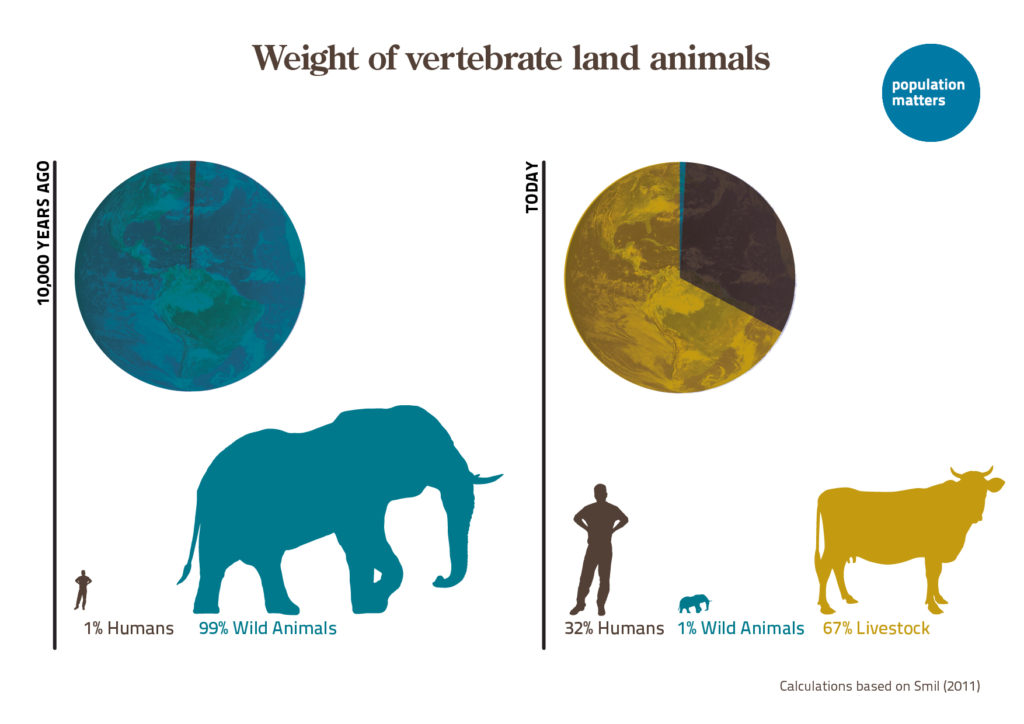

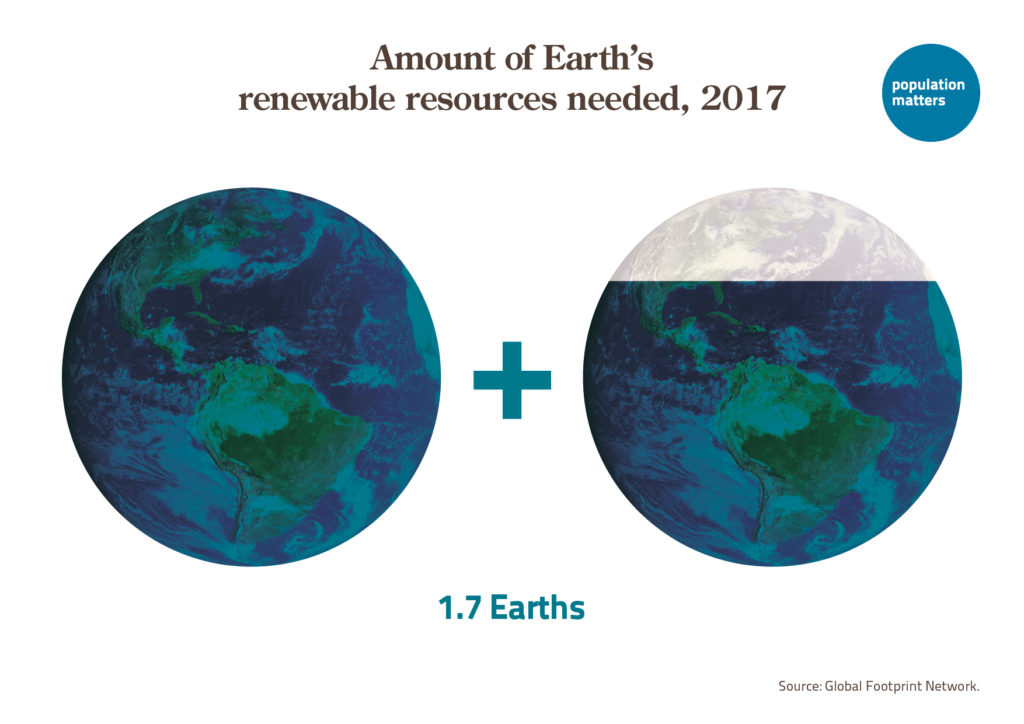


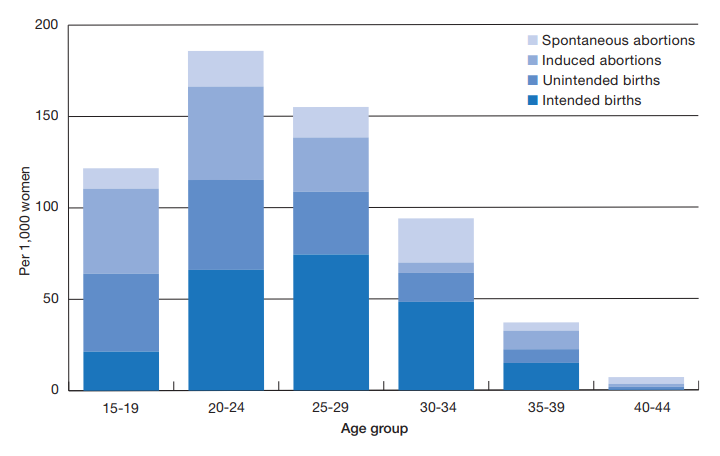
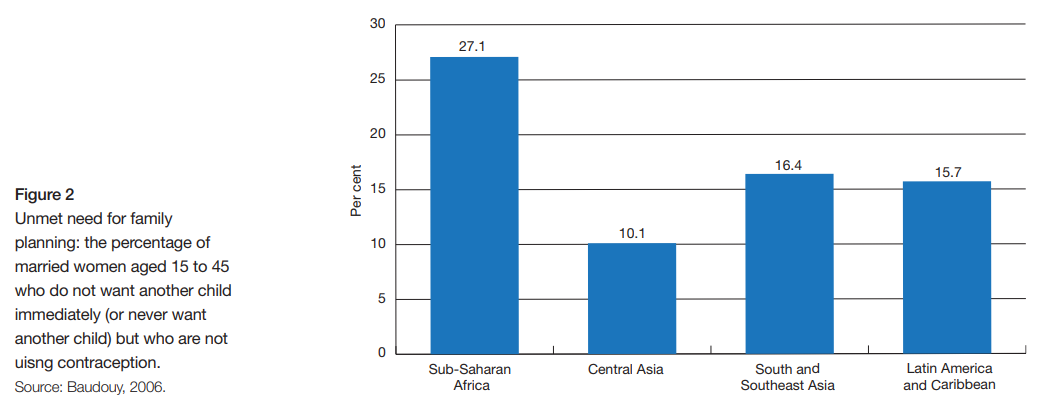
Leave a Reply